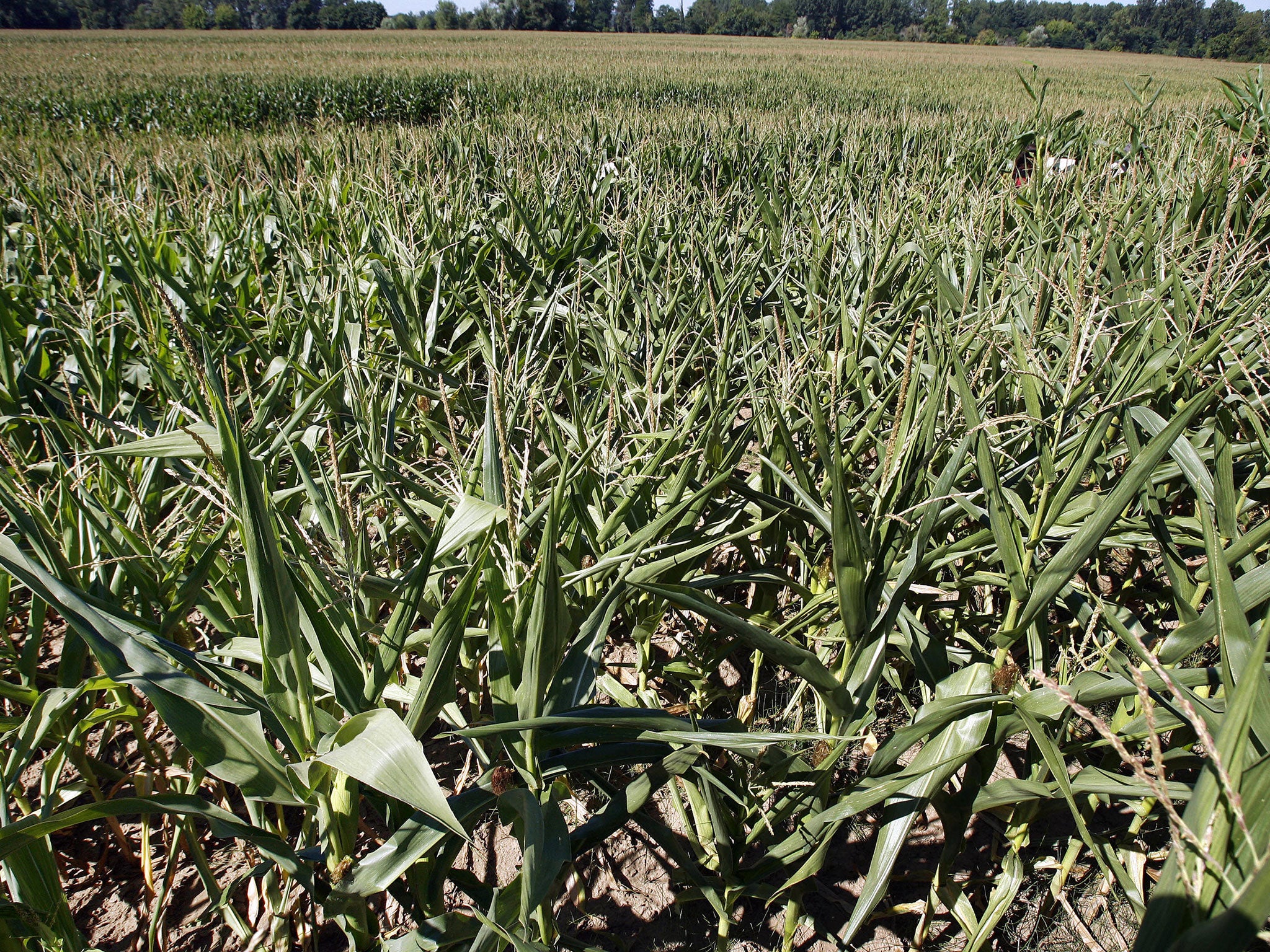Scotland's decision to ban GM crops could create impression country is 'anti-science', experts warn
RSE paper says move could damage Scotland's ability to attract the best scientists and stunt growth of businesses

Your support helps us to tell the story
From reproductive rights to climate change to Big Tech, The Independent is on the ground when the story is developing. Whether it's investigating the financials of Elon Musk's pro-Trump PAC or producing our latest documentary, 'The A Word', which shines a light on the American women fighting for reproductive rights, we know how important it is to parse out the facts from the messaging.
At such a critical moment in US history, we need reporters on the ground. Your donation allows us to keep sending journalists to speak to both sides of the story.
The Independent is trusted by Americans across the entire political spectrum. And unlike many other quality news outlets, we choose not to lock Americans out of our reporting and analysis with paywalls. We believe quality journalism should be available to everyone, paid for by those who can afford it.
Your support makes all the difference.Scotland’s decision to ban genetically modified crops could damage its ability to attract the best scientists, stunt the growth of businesses and lead to the country being perceived as “anti-science”, according to one of the country’s most respected academic institutions.
In an official advice paper, the Royal Society of Edinburgh (RSE) criticised the Scottish Government’s ban, saying it had used “emotive language likely to fuel negative public perceptions about GM” and had assumed “a degree of public hostility” about the technology which does not exist.
Calling for “rational and respectful debate” on the issue, the RSE said an outright ban on GM crops “does nothing to enhance Scotland’s longstanding reputation for scientific creativity” and may “damage its ability to attract and retain innovative researchers and disadvantage the growth of important Scottish businesses”.
The SNP has insisted ministers took the decision to ban GM crops in order to protect what it called the “clean and green” reputation of Scotland’s produce. However, the RSE said this did not make sense as much of the country’s food and drink industry already depended on raw materials supplied from other countries, which it said may not be GM-free.
Since the decision was announced last month, it has emerged that ministers did not take any scientific evidence into consideration before recommending a ban. The RSE called on the Government to publish all the advice it had received in the interests of informing public debate.
It also noted that ministers had not involved the former Chief Scientific Adviser in their decision and that the post has been vacant since December – which it said could lead to perceptions of an “anti-science attitude” within Government.
“Scotland is renowned for its world-class scientific research, therefore it would be regrettable to stigmatise an area of exciting development which provides real scope for global benefit,” said RSE fellow Professor Nigel Brown.
Richard Lochhead, Cabinet Secretary for Rural Affairs, Food and the Environment, said the Scottish Government had taken a “longstanding precautionary approach to GM” and pointed out that other countries such as Germany had also opted out of growing genetically modified crops.
“The Scottish Government fully recognises the important role the scientific community plays in Scotland and the need for on-going engagement and discussion on the major issues facing farming, food production and the environment,” he added.
Join our commenting forum
Join thought-provoking conversations, follow other Independent readers and see their replies
Comments